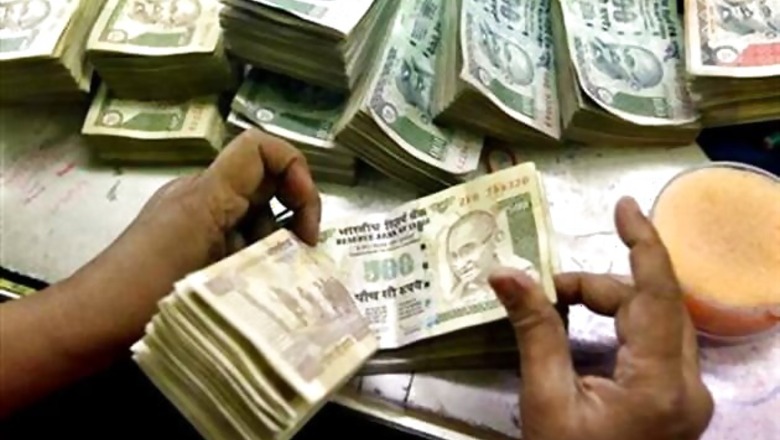
views
Cairns: Extending full support to the automatic exchange of tax and banking information, India on Monday said that it will help in unearthing blackmoney stashed abroad and bringing it back.
Intervening at the meeting of G20 Finance Ministers, Minister of State for Finance Nirmala Sitharaman said 46 countries, including India, have agreed for a common time to exchange information automatically by 2017.
"We call upon everybody to join us," she said. The G20, at the end of their two ministerial meeting on Sunday, had decided to put in place a mechanism for automatic exchange of tax information between various countries by 2017.
The new framework would mark a significant forward movement from the current practice of information exchange mostly on the basis of requests and only in the cases of suspected tax evasion or other financial crimes.
"This would be the key to prevent international tax evasion and avoidance and would be instrumental in getting information about unaccounted money stashed abroad and ultimately bringing it back," Sitharaman added.
India has been at the forefront in raising the issues concerning tax avoidance and automatic exchange of information with a view to curbing tax evasion. The new global standard, as formulated by Paris-based Organisation for Economic Cooperation and Development (OECD) in July, would facilitate a "systematic and periodic transmission of bulk taxpayer information by the source country of income to the country of residence of the taxpayer concerning various categories of income or asset information".
Sitharaman urged upon the countries to make necessary changes in their domestic laws so as to enable them to provide the same level of information to other countries on a reciprocal basis. Sitharaman said that the new global standard would enable tax authorities to receive information about taxpayers hiding their money in offshore financial centres and tax havens through multi-layered entities with non-transparent ownership, on an automatic basis.
The G20 decision assumes significance in case of India, as it has been facing difficulties in getting information on cases of suspected tax evasion from other countries, specially Switzerland, which has been maintaining that such details can not be shared without specific proof of financial irregularities by the concerned Indian client of Swiss banks.
An initial framework was released by OECD in this regard earlier this year and India became one of the 'early adopters' of this global convention. Later, Switzerland also committed to abide by this framework, while a few more countries have now expressed their interest in adopting the same and these include Mauritius -- another country with which India has been working on a revised bilateral treaty due to concerns of money laundering.
Sitharaman also welcomed the G20's action plan on Base Erosion and Profit Shifting (BEPS) to ensure companies pay their fair share of tax. "While we support the BEPS project, it is necessary to underline that the concerns of developing countries regarding BEPS may be different from those of developed countries. These concerns are required to be taken on board in a more consultative manner, while developing consensus on the various issues," she added.
One of the major concerns from the point of view of developing countries is regarding the approach adopted for making dispute resolution mechanisms more effective which includes introduction of mandatory and binding arbitration in the Mutual Agreement Procedure of the tax treaties. "This not only impinges on the sovereign rights of developing countries in taxation, but will also limit the ability of the developing countries to apply their domestic laws for taxing non-residents and foreign companies," she added.

















Comments
0 comment